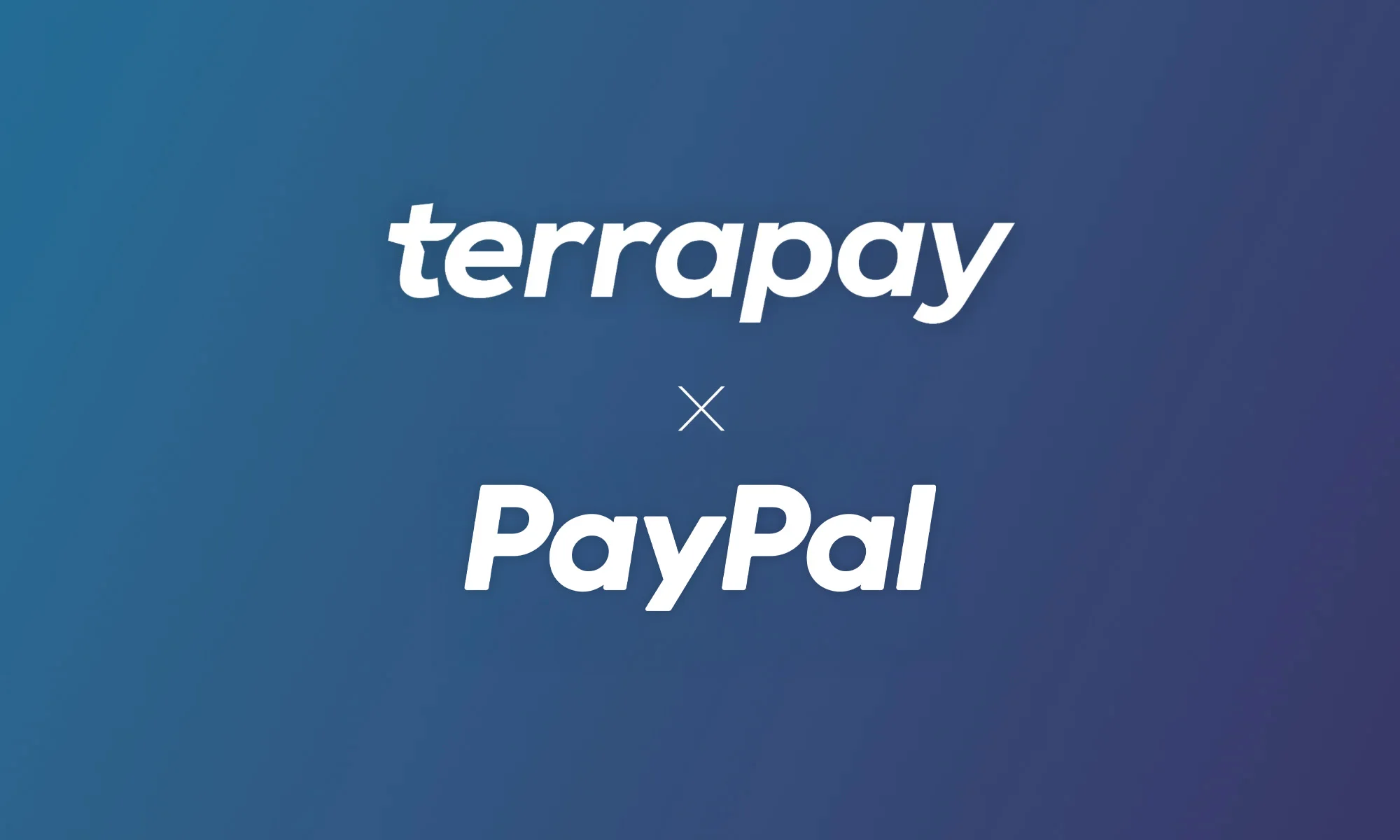News
The Top 10 Worst Cyberattacks In The Middle East Revealed
Cybersecurity firm Positive Technologies has published a list covering the last 18 months of activity.

Over the last year and a half, the Middle East has witnessed a significant rise in cyberattacks, especially those posing a serious threat to organizations across the region.
Fedor Chunizhekov, Information Security Analyst at Positive Technologies, who compiled the list, explained, “The threat to the Middle East is very much real. Rapid advancement in technology and the growing independence on the internet means that attackers have novel and innovative ways to exploit vulnerabilities”.
Let’s check out some of the region’s worst attacks in the last 18 months:
Adalat Ali
In early 2022, Iranian hacktivists Adalat Ali successfully broadcast a 50-second message on streaming service Telewebion calling for further protests against the ruling Khamenei regime.
Bezeq And Cellcom DDoS Attack
In March 2022, a state of emergency was declared after a prolonged DDoS attack leading to Israeli government agencies, including the Ministry of Health, Internal Affairs, Prime Minister’s Office, and several major media outlets losing access to various services.
Public Address Systems In Palestine
In June 2022, public address systems in Jerusalem and Eilat were compromised by unnamed hackers, leading to false air raid sirens being broadcast for an hour.
Iranian Steel Plants Attack
Again in June 2022, an attack on three Iranian steel plants by hacktivist group Goneshke Darande disrupted processes leading to a liquid pig spillage resulting in a fire that halted production.
GamkenBot Scalper Bots
Attackers created bots that found and booked all available appointments using the Israeli booking service GamkenBot, before monetizing them and generally disrupting the service.
Cellebrite Data Breach
Israeli digital data firm Cellebrite was hacked to the tune of 1.7 TB of files in a massive data breach. The files contained all manner of proprietary backup software and other important information. No one has yet claimed responsibility for the attack.
Iranian News Agency Attack
A group of hacktivists known as Black Reward Team stole around 250 TB of confidential information from Iran’s state-run Fars News in November 2022. The group also gained access to CCTV footage.
Vice Society Attack On IKEA
Ransomware group Vice Society targeted IKEA in Morocco and Kuwait in November 2022. The outlets experienced a data breach that was thought to have been facilitated through phishing emails.
Pro-Palestine Attacks On Israeli Companies
In January, the hacktivist group Electronic Quds Force launched a campaign targeting Israeli chemical production companies. Messages sent to employees told them to “Leave employment and look for a new one”. The hackers also uploaded screenshots of automated control system interfaces on their Telegram channel, proving the plant was compromised.
Irrigation System Disruption
Farm irrigation systems and wastewater treatment in the Jordan Valley were targeted by what appears to have been OpIsrael, an anti-Israel hacktivist team. The attack was successful due to weak authentication and vulnerabilities in programmable controllers, allowing the attackers to gain remote access.
In light of such a severe spate of attacks, Positive Technologies urges companies to adopt the latest technologies and security techniques to safeguard data and networks against increasingly sophisticated hacking.
News
PayPal & TerraPay Join Forces For Cross-Border MENA Payments
The collaboration will be especially helpful in regions where traditional banking infrastructure is limited or inconsistent.

PayPal has teamed up with TerraPay to improve cross-border payments across the Middle East and Africa. The move is designed to make it easier and faster for users to send and receive money internationally, especially in regions where traditional banking infrastructure can be limited or inconsistent.
The partnership connects PayPal’s digital payments ecosystem with TerraPay’s global money transfer network. The goal is to streamline real-time transfers between banks, mobile wallets, and financial institutions, significantly improving access for millions of users looking to move money securely and efficiently.
Through the partnership, users will be able to link their PayPal accounts to local banks and mobile wallets using TerraPay’s platform. This means faster transactions and fewer barriers for individuals and businesses across the region.
“The Middle East and Africa are at the forefront of the digital transformation, yet financial barriers still limit growth for many,” said Otto Williams, Senior Vice President, Regional Head and General Manager, Middle East and Africa at PayPal. “At PayPal, we’re committed to changing that […] Together, we’re helping unlock economic opportunity and build a more connected, inclusive financial future”.
For TerraPay, the deal is a chance to scale its reach while reinforcing its mission of frictionless digital transactions.
“Our mission at TerraPay is to create a world where digital transactions are effortless, secure, and accessible to all,” said Ani Sane, Co-Founder and Chief Business Officer at TerraPay. He added that the partnership is a major milestone for enhancing financial access in the Middle East and Africa, helping businesses grow and users move funds with fewer limitations.
Also Read: A Guide To Digital Payment Methods In The Middle East
The integration also aims to support financial inclusion in a region where access to global banking tools is still uneven. With interoperability at the core, TerraPay can bridge the gap between different financial systems — whether that’s a mobile wallet or a traditional bank — making it easier to send money, pay for services, or grow a business across borders.
As the demand for cross-border payment options continues to rise, both PayPal and TerraPay are doubling down on their commitment to provide reliable, secure, and forward-looking financial tools for the region.

























